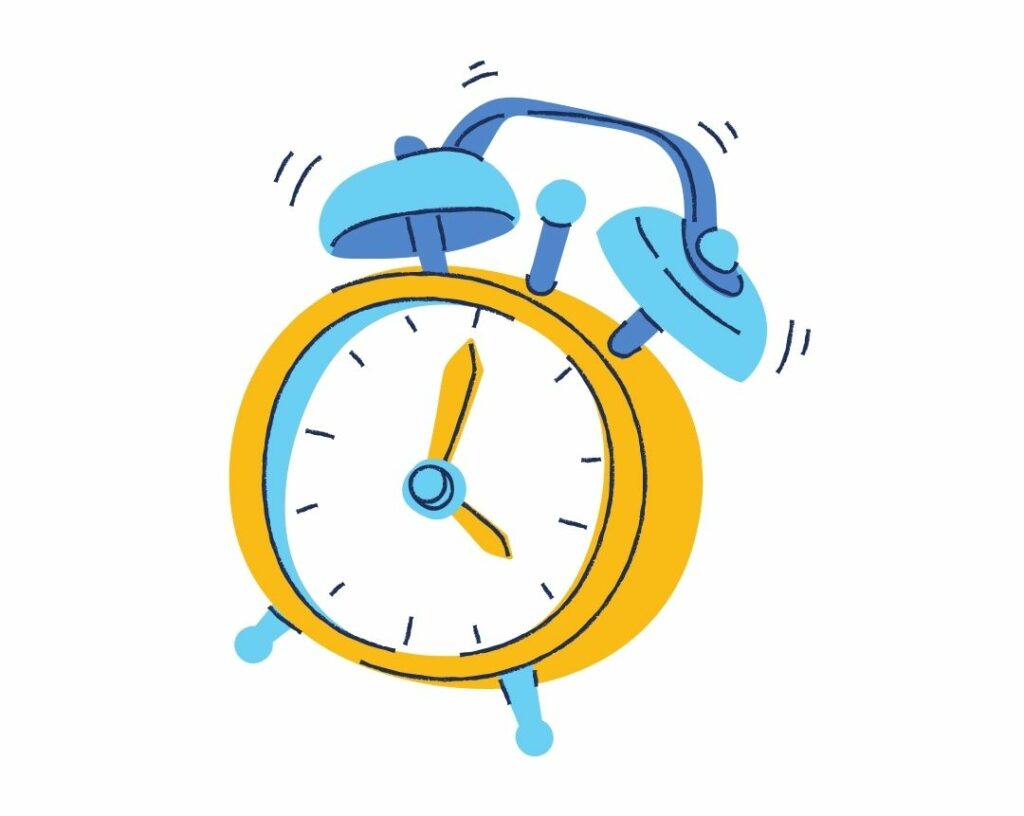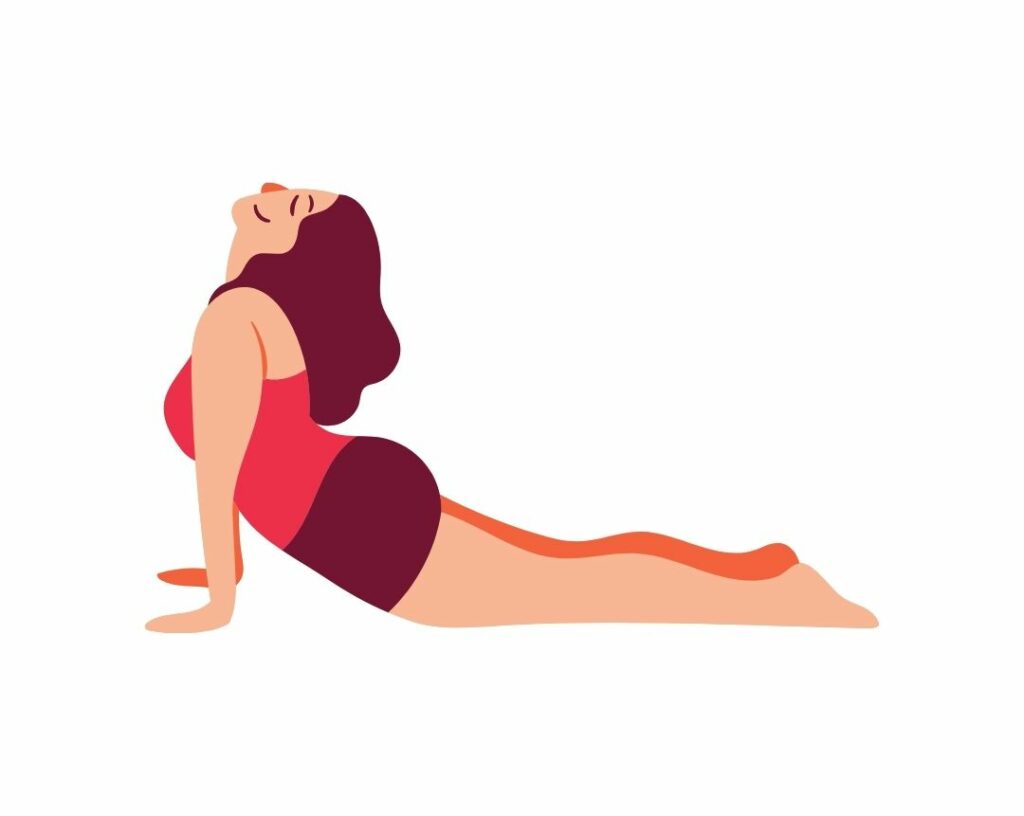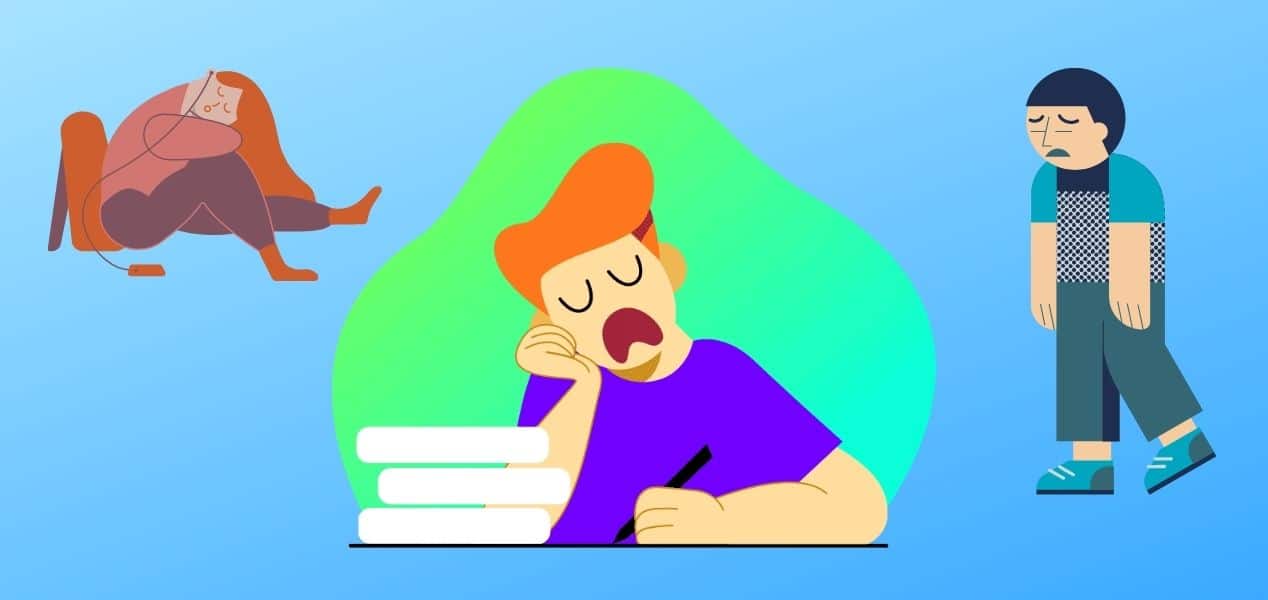Have you ever gone to bed at a reasonable hour and slept for 8 hours, only to wake up feeling as if someone has disconnected your batteries? Many people find it hard to wake up in the morning no matter how much sleep they get, so if you are suffering, you’re not alone.
There isn’t always a simple solution in these situations, which is why we’re going to look at a few reasons why you might find it hard to wake up, as well as what you can do to maintain your energy throughout the day.
Let’s try to answer the question – Why is it hard to wake up in the morning no matter how much sleep I get?
Signs You’re Not Sleeping Enough
Having difficulty waking up in the morning is only one indicator that you’re not getting enough sleep.
Other signs of extreme tiredness include:
- Excessive yawning
- Irritability
- Motivational deficit
- Fatigue
- Drowsiness during the day
- Mind fog
- Overactive appetite
Trouble Waking Up in the Morning
Wakefulness can be hampered by lifestyle factors, medical disorders, and pharmaceuticals. These are some examples:
Poor Sleep Habits
Many of us lead unhealthy lifestyles which become an obstacle to good sleep. These bad habits have a negative impact on our sleep quality and, as a result, how we function the following day.
Whether you stay up all night preparing for a test, or you’re out and about enjoying life with friends, a lack of sleep ultimately catches up with you. The signs of sleep deprivation will begin to show and have a negative impact on your quality of life.
Other habits that affect your sleep are watching television before bed or having a poor diet. TV and other electronic screens use blue light, which interferes with your natural sleep rhythm. Cutting out screen time half an hour before bed has been shown to drastically improve sleep quality.
Narcolepsy
Another reason you might find it hard to wake up in the morning is narcolepsy. Narcolepsy causes you to fall asleep sporadically throughout the day, even if you’re in the middle of a conversation.
People with narcolepsy may sleep for minutes or longer before waking up and continuing with their activity as if nothing had happened.
Excessive drowsiness is one of the four characteristic signs of narcolepsy. Narcolepsy can be treated with Ritalin and other prescription drugs, but a healthier first port of call is to examine your sleeping habits.
Circadian Sleep Disorders
The body’s internal clock is known as Circadian Rhythm. When your circadian cycle is disrupted, you may struggle to fall asleep, wake up during the night, or be unable to sleep as long as you need to.
People who suffer from Circadian Sleep Disorder may have difficulty falling or staying asleep. Light therapy and melatonin are two popular treatments that reset the circadian rhythm, allowing you to feel refreshed and ready to take on the day.
Chronic Fatigue
Chronic fatigue syndrome is a medical ailment that continues to confound experts. It affects people of all ages but is more common in older adults.
The cause of this ailment is unknown, but specialists do know that sufferers face a wide range of conditions and symptoms. These symptoms include poor sleep quality, exhaustion, confusion, poor decision-making skills, and daytime sleepiness.
Therapy, medicine, and self-care are frequently used to improve the disease, however, there’s no known cure.
Diagnosing chronic fatigue is tricky. Everyone gets drowsy from time to time, even if you’ve had a full night’s sleep.
It’s only when this happens frequently that you should be concerned. If you find that you regularly get between 6-8 hours of restful sleep a night, but you’re still exhausted during the day, you may suffer from chronic fatigue syndrome.
If you’re having trouble waking up in the morning, the first thing to try is a change in your behavior. If there aren’t any visible improvements after a few days, you may need to make an appointment with your doctor to diagnose any disorders that may be causing it.
Tips For Waking Up
Don’t Hit Snooze

That button might not be so useful after all. Spending the last half hour of nocturnal sleep in what psychologists term “fragmented sleep” has ramifications for your capacity to operate during the day.
Fragmented sleep occurs when your typical sleep cycle is interrupted for any reason, and you wake up in the middle of the night or early morning. These can be brief interruptions or extended spells of wakefulness followed by trouble falling back asleep.
Morning headaches, afternoon tiredness, memory lapses, and difficulties concentrating are common symptoms of fragmented sleep.
The 90-minute Hack
Set two alarms, one for 90 minutes before you want to get up and one for when you actually want to wake up.
According to studies, the 90 minutes of sleep you get between snoozes will amount to a whole sleep cycle, allowing you to wake up after your REM state rather than during it.
Drink a Glass of Water

Fatigue is a common sign of dehydration, and even mild cases can cause sleepiness, cognitive impairments, and mood disturbances.
Drink a glass of water as soon as you get up to make sure you’re properly hydrated. If you still can’t seem to shake your morning drowsiness, try increasing your intake of water and other non-caffeinated fluids throughout the day.
Stretch by Doing Yoga

There’s a reason why stretching first thing in the morning feels so fantastic. Your muscles are paralyzed (atonia) overnight during REM sleep and reactivating them releases energy-stimulating endorphins.
Take a few minutes in the morning to try some yoga. Just 25 minutes has been proven to improve energy levels and cognitive function.
Eat Breakfast
Breakfast is still seen as the most important meal of the day. Supporting studies show that skipping this first meal can have a detrimental impact on your energy and ability to pay attention throughout the day.
Give your body some calories to get it started on the right foot. However, if you work out in the morning, remember to eat afterward, not before. This will help you burn more calories, enhance your metabolism, and avoid an upset stomach.
Food and caffeine can’t compensate for a lack of much-needed rest. It’s better to catch up on sleep than to push a tired to start a new routine without the essential energy and enthusiasm.
Final Thoughts
Sleep is one of the few resources we need that we can’t save up for later, which is why it’s so important to ensure we have healthy sleeping patterns and identify issues at the source. While you can stockpile food and water for the winter, you can’t store excess sleep for when you’re going to need it.
Struggling to get a full night’s sleep can lead to a host of problems – depression, anxiety, and an inability to function.
If you’re still exhausted or having trouble sleeping, it’s time to consult your doctor. Waking up exhausted after several full nights of sleep can be a warning sign that you have a sleep issue or something else is wrong.


